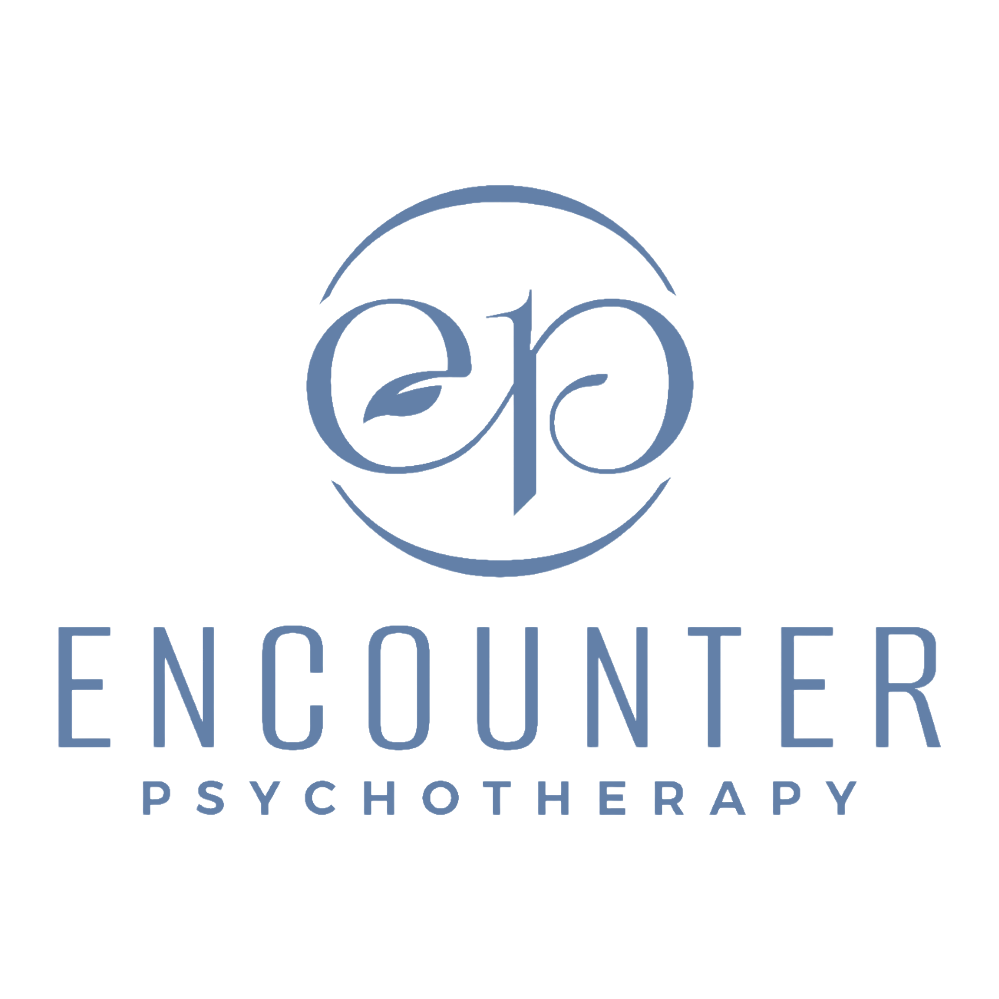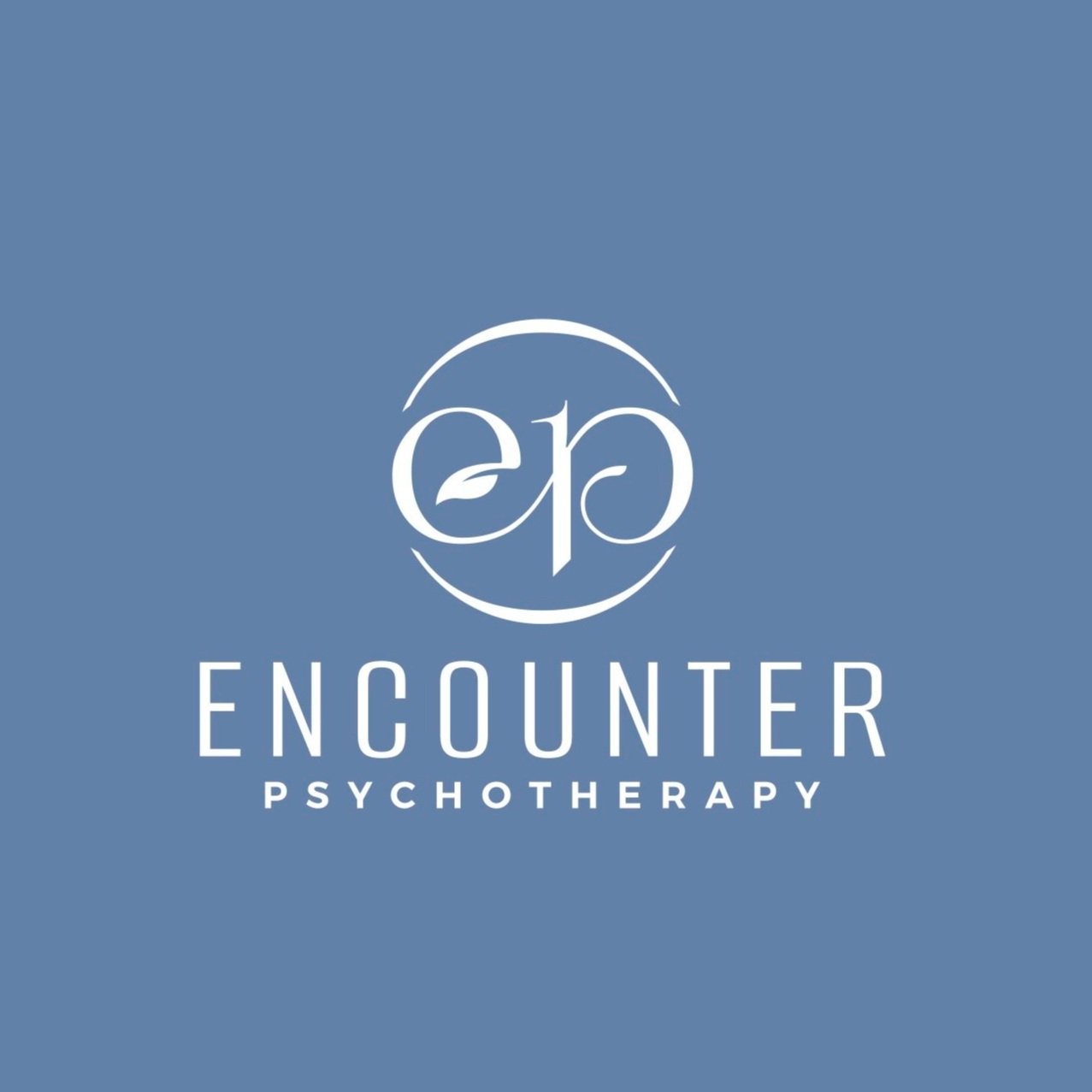FAQs About Therapy
Q: What is psychotherapy?
Psychotherapy is more than just about symptom reduction. It is also about gaining insight into one’s inner self, building better connections with the outer world, learning adaptive ways to navigate life stressors, and discovering the wisdom toward living a meaningful life, in this person’s own version. More and more people nowadays are considering psychotherapy as a way to help manage emotional distress and difficult life issues. Some people are also incorporating therapy as part of their self-care routine.
Q: Can’t I just read self-help books? What makes therapy different from that?
Many people are surprised at their first therapy encounter that the therapist spends so much more time asking questions rather than providing answers to the issues that brought the person to therapy. This is one of the most important components of therapy—individual-based relationship building. While there are a large selection of great self-help books out in the market, many written by mental health and social science experts, they are not tailored to meet individual needs.
Take clinical depression for example. Depression is manifested in different ways for different people, and a self-help book about depression does not have the flexibility to capture it all. A good therapist does not assume that they know the answers to your problems based on a diagnosis. They take time to catch up with the wisdom that you already have about yourself, and meet you where you are at the present moment. From there, they collaborate with you to figure out the path to help you get to a better place.
Q: What can I expect during the first session?
The first session is where I start to learn about who you are and what brought you to therapy. I usually take an interactive approach where I start by explaining some logistics about therapy, and will also provide space to answer any questions you have about starting therapy. I will be asking questions about your past history, your current concerns, and what you would like to gain from therapy. I prefer to work with you collaboratively to establish an individualized treatment plan that is flexible in structure, frequency, and length. These dialogues can also give you a sense of what it is like to work with me and if you think I can be helpful to you.
It is not uncommon for people to experience some level of discomfort during the first session. One reason being that you are invited to answer some difficult questions to someone that you have just met. I always welcome clients to share their thoughts and feelings about the therapeutic process, with the effort to try to have an open and honest discussion about the experience. While this process can be frustrating or anxiety-provoking to some people, it can also help one get a beginning sense of what it is like to work on their difficult emotions and thought patterns in therapy.
Q: How long does it take to “fix“ my problem?
The short answer is that it varies, and it depends on what your goal is in therapy.
Some people start therapy with a very specific goal, such as to work on their acrophobia. Once they learned strategies to manage their fear and successfully decreased the intensity and frequency of the phobia, they may then decide to terminate therapy. Some people have less specific goals, such as wanting to improve their social relationships or to better understand certain pattern of their behaviors. Some people might not have a goal for therapy in beginning as they are here only half-willingly—say a teenager who is brought in by their parents or a husband who feels “dragged into” couples therapy by his wife.
A therapist usually does not prescribe the length of treatment but will check in with the client periodically to review treatment progress and obstacles, discuss changes in the goals for treatment and motivation to continue the work, in order to determine together whether and how to continue therapy.
Q: Will I feel better right away once starting therapy?
Some might feel better after the first couple of therapy sessions from the experience of feeling heard, being able to connect with someone who shows genuine care and support, and having increased sense of hopefulness. It is also very common for people to experience some worsening in their symptoms before noticing positive changes. Lots of my clients have found it helpful to observe and process these experiences in therapy, as it can help to better understand how their mind works as well as the mechanisms of therapeutic changes.
Q: Do I still need therapy if I’m already on medication?/Do I still need medication if I’m already in therapy?
Research has shown that therapy can be as effective, and in some cases, more effective than medication in the long-term treatment outcomes. There are also studies indicating that a combined approach of medication and psychotherapy can be more effective than taking medication alone in treating mental health issues.
By state law, I am not licensed to prescribe medication as a psychologist. If a medication consultation is warranted, I can provide you with psychiatric referrals in the community. I also work collaboratively with clients’ psychiatric providers to ensure continuity of care.

